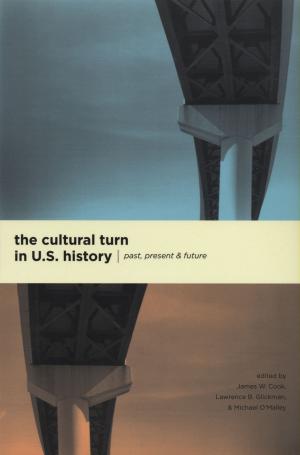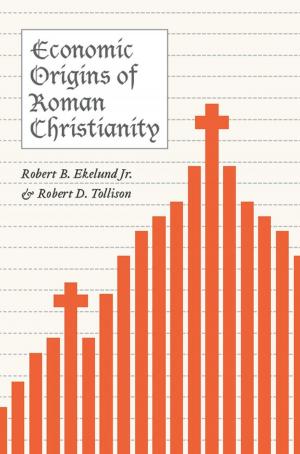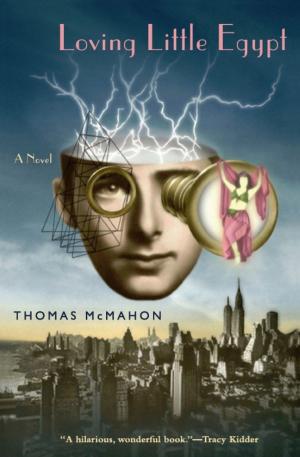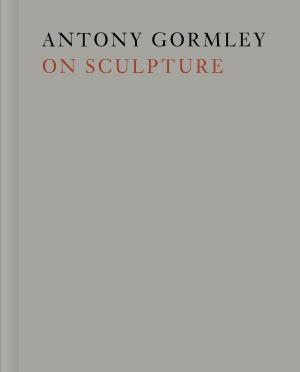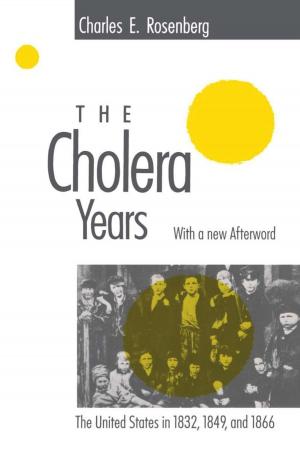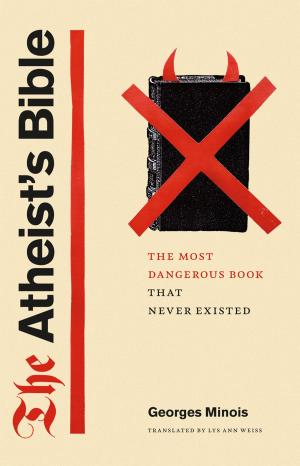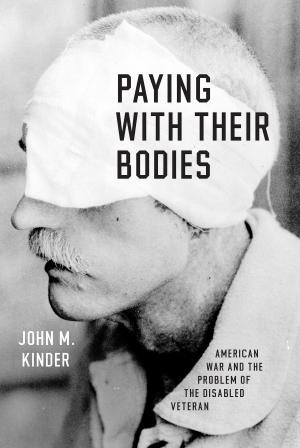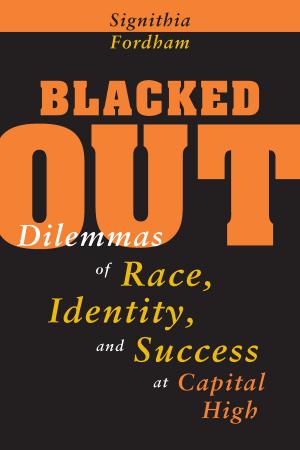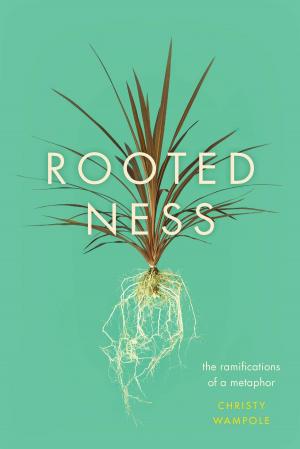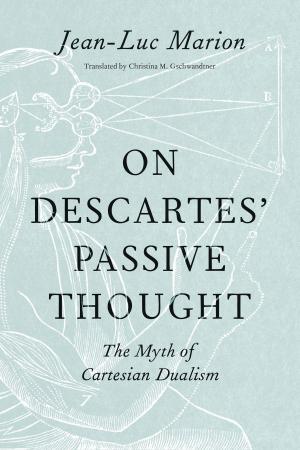Evangelical Gotham
Religion and the Making of New York City, 1783-1860
Nonfiction, History, Americas, United States, Revolutionary Period (1775-1800), 19th Century| Author: | Kyle B. Roberts | ISBN: | 9780226388281 |
| Publisher: | University of Chicago Press | Publication: | November 7, 2016 |
| Imprint: | University of Chicago Press | Language: | English |
| Author: | Kyle B. Roberts |
| ISBN: | 9780226388281 |
| Publisher: | University of Chicago Press |
| Publication: | November 7, 2016 |
| Imprint: | University of Chicago Press |
| Language: | English |
At first glance, evangelical and Gotham seem like an odd pair. What does a movement of pious converts and reformers have to do with a city notoriously full of temptation and sin? More than you might think, says Kyle B. Roberts, who argues that religion must be considered alongside immigration, commerce, and real estate scarcity as one of the forces that shaped the New York City we know today.
In Evangelical Gotham, Roberts explores the role of the urban evangelical community in the development of New York between the American Revolution and the Civil War. As developers prepared to open new neighborhoods uptown, evangelicals stood ready to build meetinghouses. As the city’s financial center emerged and solidified, evangelicals capitalized on the resultant wealth, technology, and resources to expand their missionary and benevolent causes. When they began to feel that the city’s morals had degenerated, evangelicals turned to temperance, Sunday school, prayer meetings, antislavery causes, and urban missions to reform their neighbors. The result of these efforts was Evangelical Gotham—a complicated and contradictory world whose influence spread far beyond the shores of Manhattan.
Winner of the 2015 Dixon Ryan Fox Manuscript Prize from the New York State Historical Association
At first glance, evangelical and Gotham seem like an odd pair. What does a movement of pious converts and reformers have to do with a city notoriously full of temptation and sin? More than you might think, says Kyle B. Roberts, who argues that religion must be considered alongside immigration, commerce, and real estate scarcity as one of the forces that shaped the New York City we know today.
In Evangelical Gotham, Roberts explores the role of the urban evangelical community in the development of New York between the American Revolution and the Civil War. As developers prepared to open new neighborhoods uptown, evangelicals stood ready to build meetinghouses. As the city’s financial center emerged and solidified, evangelicals capitalized on the resultant wealth, technology, and resources to expand their missionary and benevolent causes. When they began to feel that the city’s morals had degenerated, evangelicals turned to temperance, Sunday school, prayer meetings, antislavery causes, and urban missions to reform their neighbors. The result of these efforts was Evangelical Gotham—a complicated and contradictory world whose influence spread far beyond the shores of Manhattan.
Winner of the 2015 Dixon Ryan Fox Manuscript Prize from the New York State Historical Association



